
The Economics of Higher Purpose
Eight Counterintuitive Steps for Creating a Purpose-Driven Organization
Read offline
Recommendation
Business educators Robert E. Quinn and Anjan Thakor define a business’s purpose in clear practical terms any leader will understand. They repeat and reinforce their mantra: Your authentic purpose already exists. You must discover it, not invent it. Every business decision and action a leader takes must reflect his or her organization’s reason for being, despite the cost. Only then will your employees believe in and embrace your purpose. Only then will you ignite the loyalty and effort that an authentic, shared mission inspires. Profits will follow.
Summary
About the Authors
Robert E. Quinn is a business professor emeritus at the University of Michigan. Professor Anjan V. Thakor teaches at the University of Washington Olin School of Business.



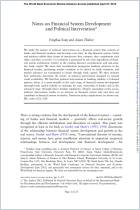
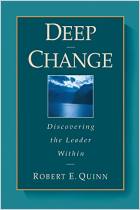
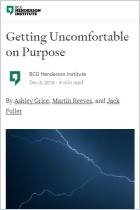
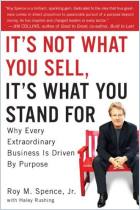

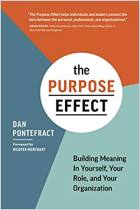
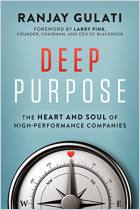
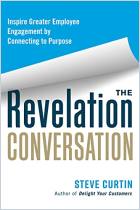

Comment on this summary